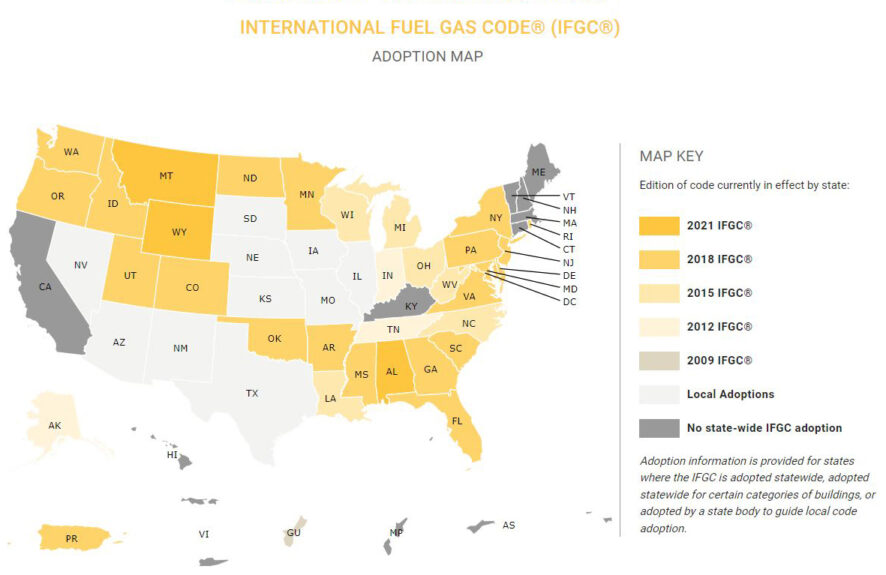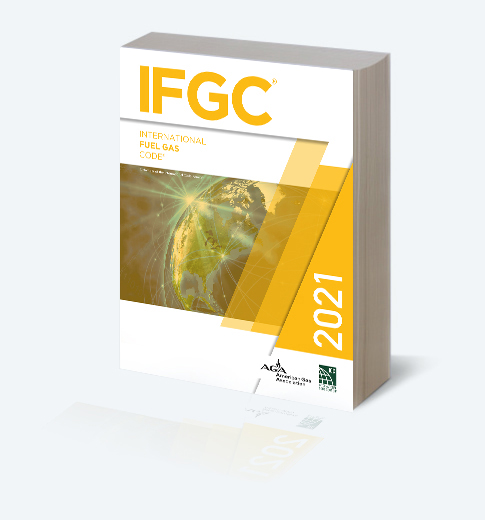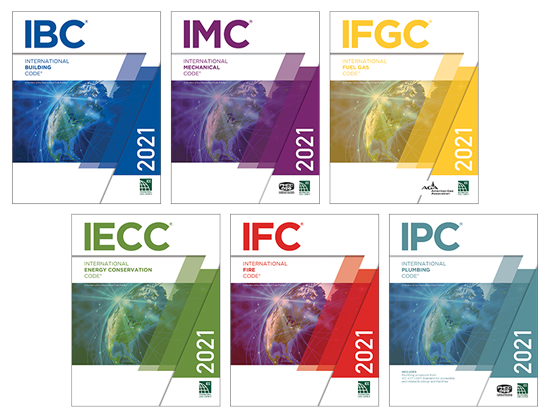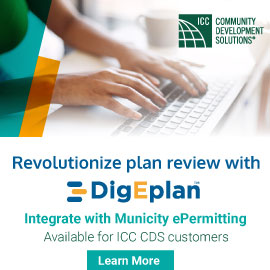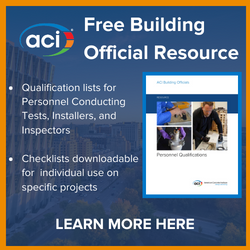Washington, D.C. – The International Code Council and the Building Permits Department of Dubai Municipality have signed a Memorandum of Understanding (MOU) that formalizes and expands the entities’ well-established collaboration. The MOU streamlines the ability to leverage International Code Council solutions such as Evaluation Service Reports, that independently assess the compliance of innovative building products and systems with locally enforced building regulations, to be accepted by Dubai Municipality.
The MOU also includes a pathway to membership and Dubai Municipality’s participation in the MENA Building Science Advisory Council, established last year by the International Code Council’s regional office in Dubai.
“We were thrilled to meet in person with our colleagues from Dubai Municipality and to launch this next phase of collaboration,” said International Code Council CEO Dominic Sims, CBO. “Dubai has some of the most fascinating architecture in the world and is already a leader in innovation. We are pleased to support this work that aligns with His Highness Sheikh Mohammed bin Rashid Al Maktoum’s Dubai Strategic Plan 2030.”
For Dubai Municipality, the MOU signing represents an important advancement in its goal to increase international cooperation with private sector organizations with global expertise.
“This collaboration promotes the rapid growth and development of innovative building systems, including the emerging use of 3D printing in construction, while prioritizing building safety and sustainability,” said Eng. Maryam Obaid Almheiri, the Acting CEO of Building Regulations & Permits Agency at Dubai Municipality. “We eagerly anticipate this approach strengthening our partnership and exceeding expectations with the private sector houses of expertise.”
The International Code Council’s Dubai office, which was established in 2019 to expand the reach of the family of solutions to the Middle East and North Africa (MENA) market, has been instrumental in building relationships with key stakeholders in the region such as Dubai Municipality.
“Our engagement with important leaders in the MENA region like Dubai Municipality has been essential to increasing understanding and use of the building safety solutions provided by the International Code Council,” said Mohamed Amer, ICC MENA Regional Director of Operations. “This MOU is a great example of our commitment to provide support for achieving the goals established by the authorities and enabling the construction industry in the MENA region to grow and continue to develop safe and innovative structures.”
###
About the International Code Council
The International Code Council is the leading global source of model codes and standards and building safety solutions. Code Council codes, standards and solutions are used to ensure safe, affordable and sustainable communities and buildings worldwide.


